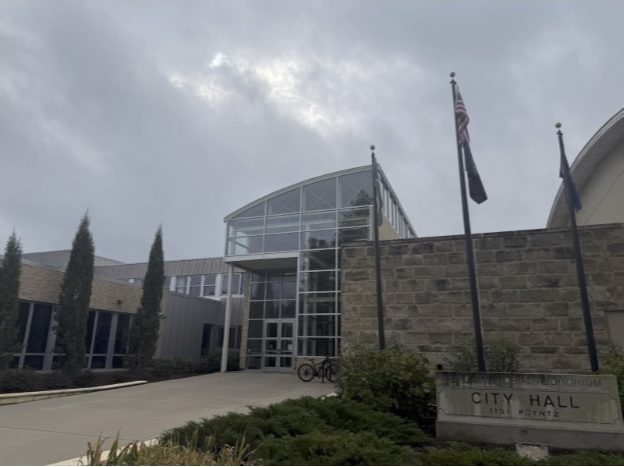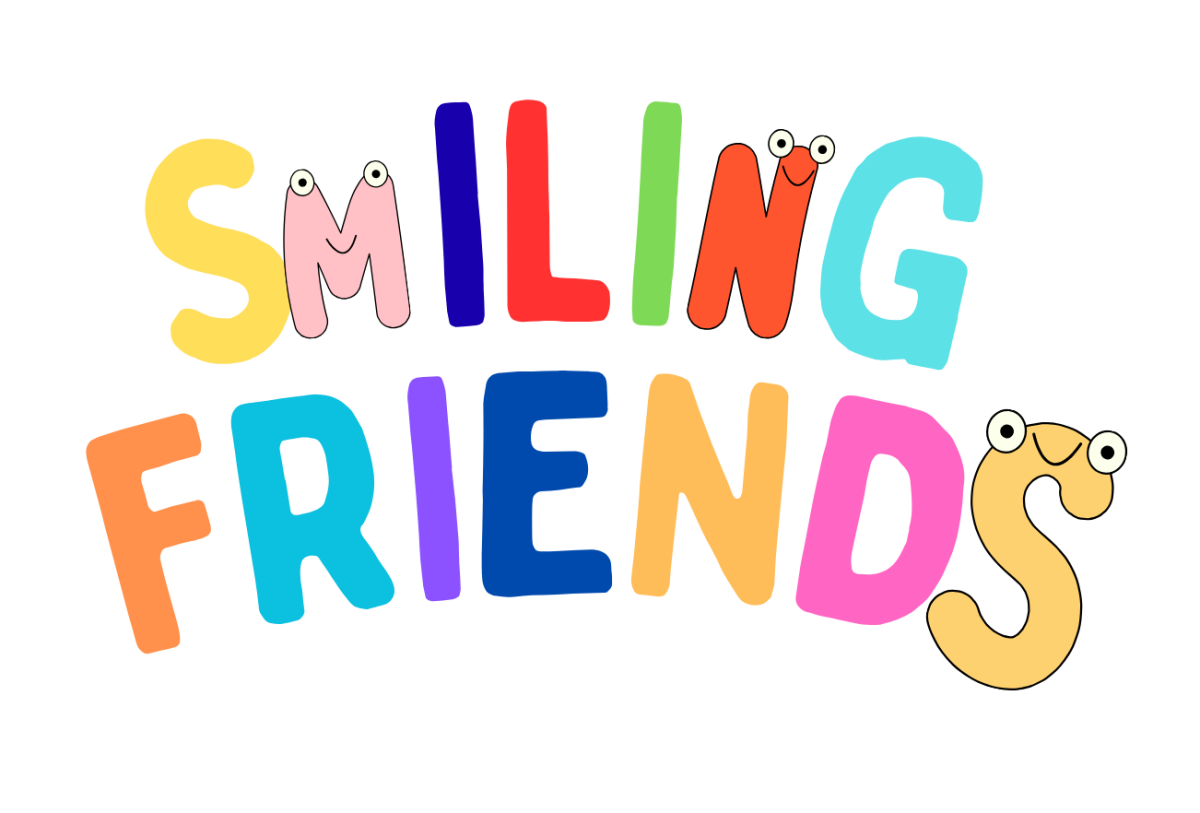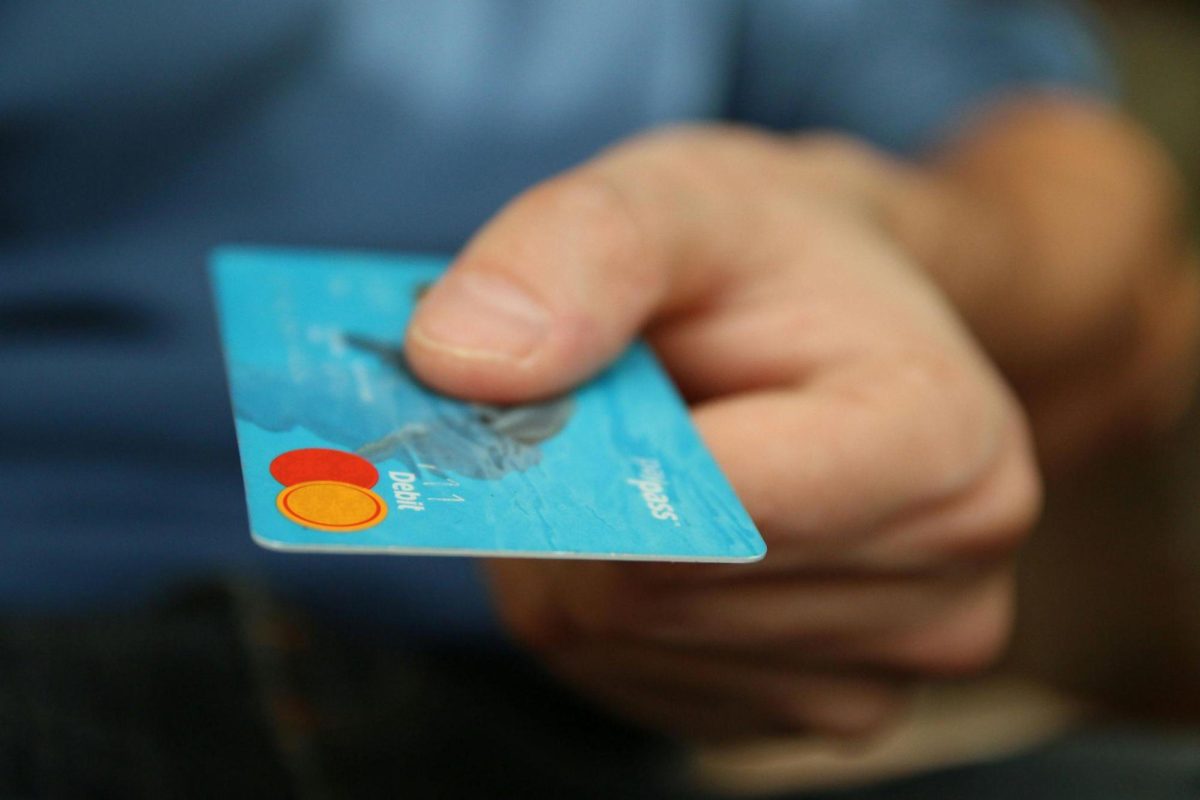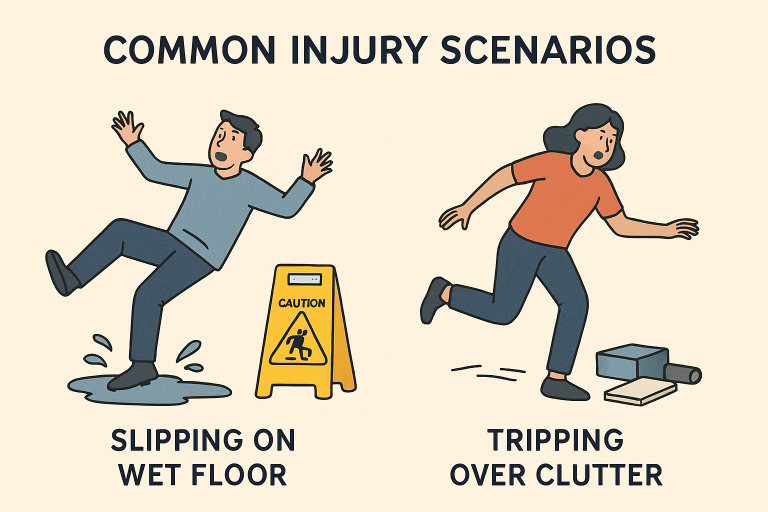If you want to win at cards, you’ve got to stay sharp and pay attention to how the others play their hands. The things you learn can come in handy in real life, especially when it comes to managing money or planning for the future. Playing teaches you how to handle risk, make smart decisions, and adjust when things change. Whether online or at a real table, card games build your sense of strategy, timing, and probability. What you learn here can really help you manage money and make better decisions about your career down the line.
What Online Poker Can Teach You
The best Bitcoin casinos for poker players often have more game options than regular poker sites because they operate under fewer rules and earn revenue in different ways. Players can enjoy Texas Hold’em, Omaha, Stud games, video poker, slots, live dealer tables, sports betting, and other fun choices, all in one place with a single account to manage. Each game needs its own plan, like knowing when to fold in Omaha or how to play your position in Texas Hold’em. Learning about risk, careful thinking, and smart decision-making on these kinds of offshore, convenient platforms can help with managing money and planning investments.
Making Careful Choices That Pay Off
People who play poker learn how to take smart risks. A strong hand does not always win. Before betting, players need to think ahead and figure out if the risk is really worth it. It’s the same idea when it comes to managing money or investing. Sometimes the smartest move is to step back and save your money for a better opportunity later. In planning your finances, this means stopping a loss and putting money into better opportunities. The important part is planning and being ready for the unexpected.
Keeping Calm When Things Are Unclear
Nothing in poker is certain to win, just like no investment is completely risk-free. Learn to focus on making decisions that have positive long-term outcomes instead of getting frustrated by short-term results. This approach helps in finance and student budgeting, where outcomes can be unpredictable. Experienced participants and investors understand that variance exists and adjust their strategies accordingly. Learning to understand that not every choice will work out helps you stay focused and avoid rushing into decisions.
Planning in Competitive Situations
A good strategy finds the right balance between playing it safe and seizing chances when they come. Game Theory Optimal (GTO) strategies protect against losses, while exploitative strategies take advantage of opponents’ mistakes. Investors and students use a similar approach. Conservative strategies protect resources, while opportunistic moves aim for higher gains. Both players and investors need to change their plans when circumstances shift.
Watching competitors or market trends and responding effectively can make a big difference over time.
Making Better Money Decisions
Figuring out card hands is like looking at possible investments. A strong hand is similar to a low-risk, high-value opportunity. Betting decisions can mirror portfolio diversification and risk management techniques. Knowing when to play your cards is a lot like knowing when to start or stop an investment. Deciding to let go of weak hands and focus on stronger ones shows discipline that can help manage money, time, and effort in real life.
Skills You Can Use in Real Life
Playing the game also helps you to stay calm. It shows you how to stick to good plans and not let losing make you make bad choices.
This skill is important for many when they manage money, make career choices, and handle business decisions. Past financial events like big investment losses show why managing risk and making careful decisions matter. The game teaches patience and careful thinking and helps you pay attention to details while handling schoolwork and personal plans.
At the end of the day, it’s really about taking what you pick up at the table and putting it to use in real life. Getting into the habit of thinking ahead and weighing risks helps you make smarter choices, manage your money, and plan for the future.



























































































































